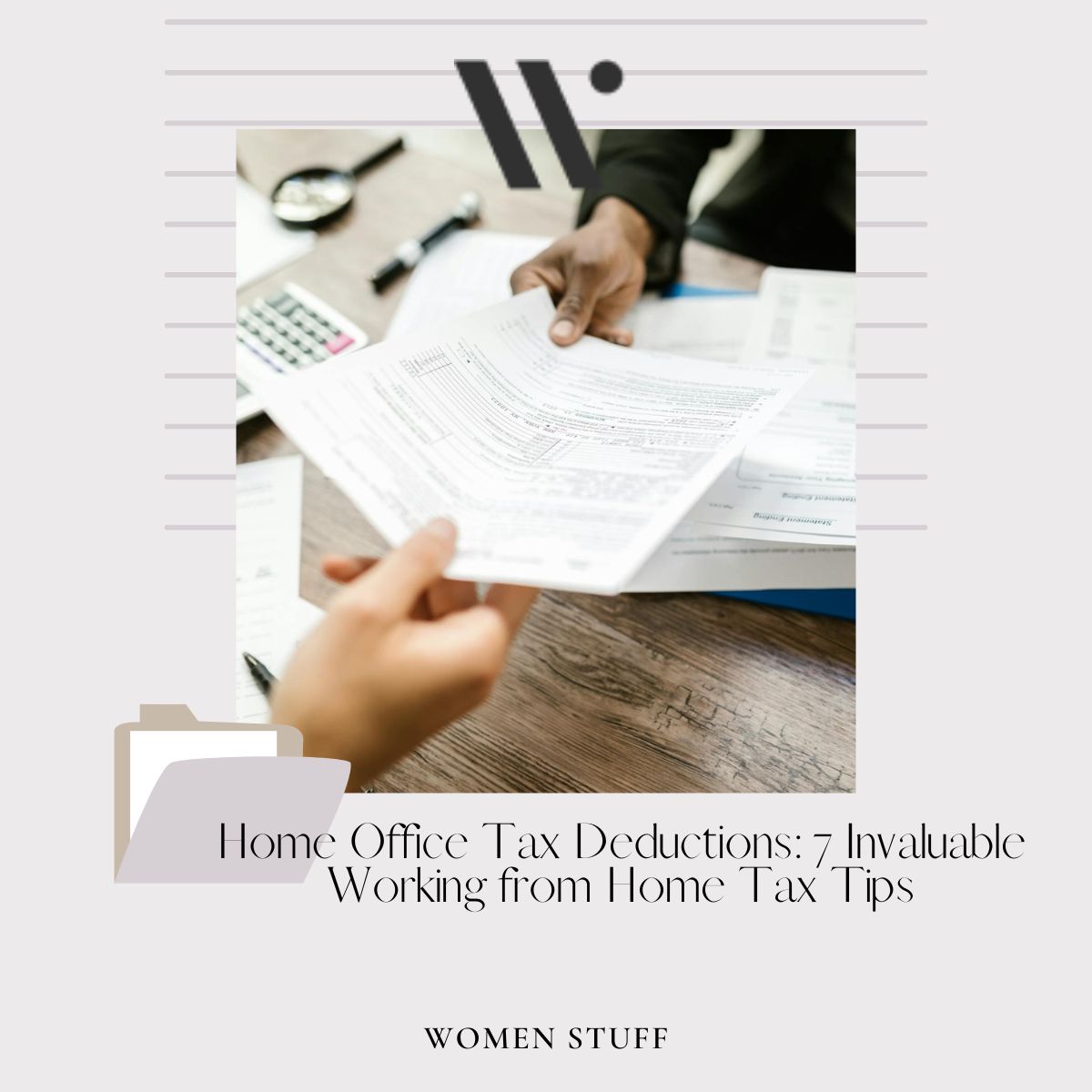
Home Office Tax Deductions: 7 Invaluable Working from Home Tax Tips
Whether you’re a freelancer, small business owner, or employee transitioning to a home office setup, the perks of working from home extend beyond convenience. One notable advantage is the potential for tax deductions. As tax season approaches, understanding how to leverage home office deductions can significantly impact your bottom line. So, hit up Google for the best tax calculator Australia has to offer, open it in another tab, and then use the following tips to ensure you make the most of your home office tax deductions.
Know Your Eligibility
To claim a home office deduction in Australia, your workspace must adhere to specific guidelines outlined by the Australian Taxation Office (ATO). The ATO requires that your home office space be used regularly and exclusively for business purposes. This means using your kitchen table as a workspace during lunch breaks won’t meet the criteria.
To qualify, designate a dedicated area in your home solely for work-related activities. This is the best way to ensure you fulfil the exclusivity requirement defined by the ATO.
Calculate Your Deduction Methodically
To maximise your home office tax deductions in Australia, calculate your deduction methodically. Identify eligible expenses, such as rent, utilities, and office supplies. Allocate a percentage of these costs based on the proportion of your home used for business. If you’re at all unsure of how to accurately calculate the percentage of your home used for work purposes, turn to a professional accountant for help. Either way, maintain detailed records and receipts to substantiate your claims, ensuring maximised but compliant deductions.
Document Your Expenses
Maintaining detailed records of expenses related to your home office is crucial for claiming deductions in Australia. Keep track of utility bills, internet costs, rent or mortgage interest, and any repairs or maintenance specifically related to your workspace. Additionally, retain receipts for office supplies, furniture, and equipment purchases. Organising your documentation ensures accuracy and provides support in case of an ATO audit.
Stay Informed About Tax Law Changes
Tax laws in Australia undergo regular updates and amendments, making it essential to stay informed about changes that may affect home office deductions. Keep abreast of updates from the ATO regarding allowable deductions and eligibility criteria. Consult with a tax professional to understand how legislative changes will impact your tax obligations and ensure compliance with current regulations.
Explore Additional Deductible Expenses
Beyond direct home office expenses, explore other potential deductions related to your remote work arrangement. This may include expenses for professional development courses, business-related travel, and subscriptions to relevant publications. Be proactive in identifying all eligible deductions to maximise your tax savings while complying with ATO regulations.
Consider Depreciation for Equipment
If you’ve invested in high-value equipment for your home office, such as computers, printers, or furniture, you may be eligible for depreciation deductions. Depreciation allows you to gradually deduct the cost of these assets over their useful lifespan. Familiarise yourself with ATO guidelines on depreciation and consult with a tax advisor to determine the most advantageous depreciation method for your business.
Seek Professional Guidance
The rules regarding home office deductions in Australia can be hard to wrap your head around, especially if you have unique living arrangements or financial circumstances. A qualified tax professional can provide invaluable guidance tailored to your specific situation. Your certified accountant can help you optimise deductions, minimise tax liabilities, and ensure compliance with ATO regulations. Their goal is always to maximise your tax savings and give you peace of mind during tax season. This makes them truly invaluable allies.
Get started on these steps today to enjoy greater financial benefits from your remote work arrangement.





